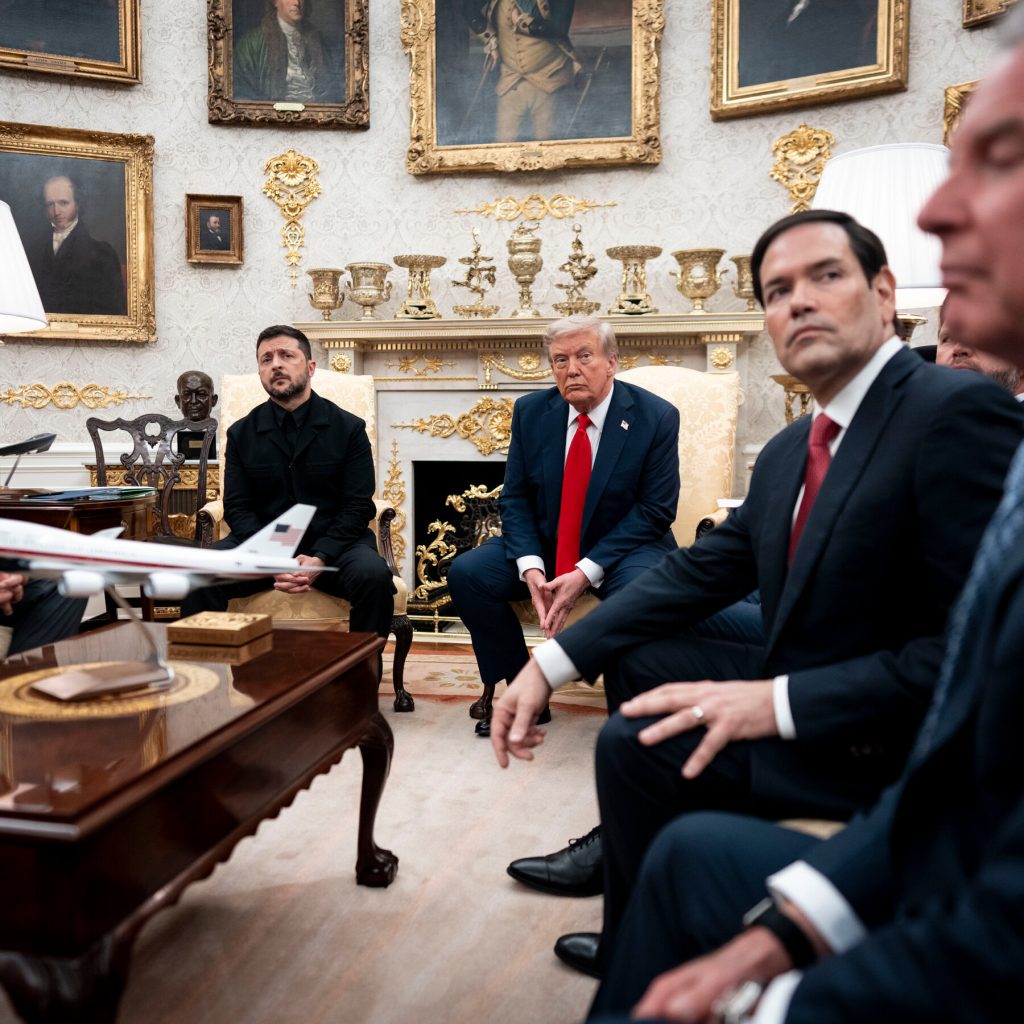Zelensky’s Ouster of Odesa’s Mayor: A Power Play or Wartime Necessity?
Background
In a move that has sent shockwaves through Ukraine’s political landscape, President Volodymyr Zelensky dismissed the mayor of Odesa, a city historically governed by opposition figures. The decision, announced last week, has sparked a heated debate over whether the president is exercising his wartime authority to consolidate power or acting out of genuine security concerns.
The Decision
According to the presidential office, the mayor was removed “for reasons that compromise the integrity of local governance during a period of national emergency.” Officials did not provide detailed evidence, but cited alleged irregularities in municipal contracts and alleged ties to entities deemed hostile to the state’s war effort.
Reactions from the Opposition
Opposition leaders have condemned the action as an unprecedented power grab, warning that it could set a dangerous precedent for the erosion of democratic checks and balances. “This is not about security; it’s about silencing dissent in key urban centers,” said a senior member of the opposition bloc during a press conference.
Supporters of the President’s Move
Supporters argue that the extraordinary circumstances of the ongoing conflict justify swift and decisive action. “When the country is under siege, we cannot afford any potential weakness in our local administrations,” a government spokesperson asserted, emphasizing the need for “unified command and unwavering loyalty.”
Legal and Constitutional Considerations
Legal experts are divided. Some contend that the president’s wartime powers, granted by the Constitution, allow for such dismissals when national security is at stake. Others argue that the move skirts the boundaries of lawful authority and could be challenged in the Constitutional Court.
What’s Next for Odesa?
The central government has pledged to appoint an interim administrator to oversee the city’s affairs until new elections are held. Meanwhile, civil society groups in Odesa have organized peaceful demonstrations, demanding transparency and a clear timeline for restoring elected leadership.
Conclusion
Whether Zelensky’s decision will be viewed in history as a necessary wartime measure or a step toward authoritarian consolidation remains to be seen. The episode underscores the delicate balance Ukraine must maintain between security imperatives and preserving the democratic principles that underpin its post‑Euromaidan identity.





